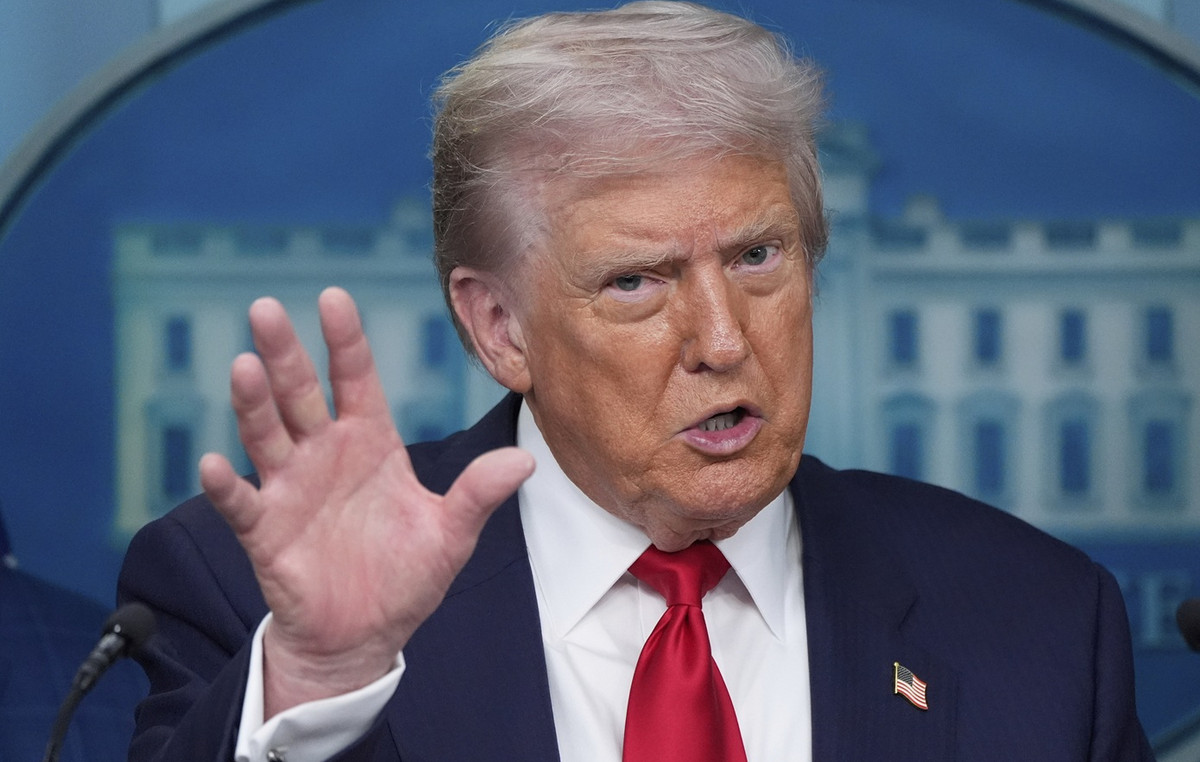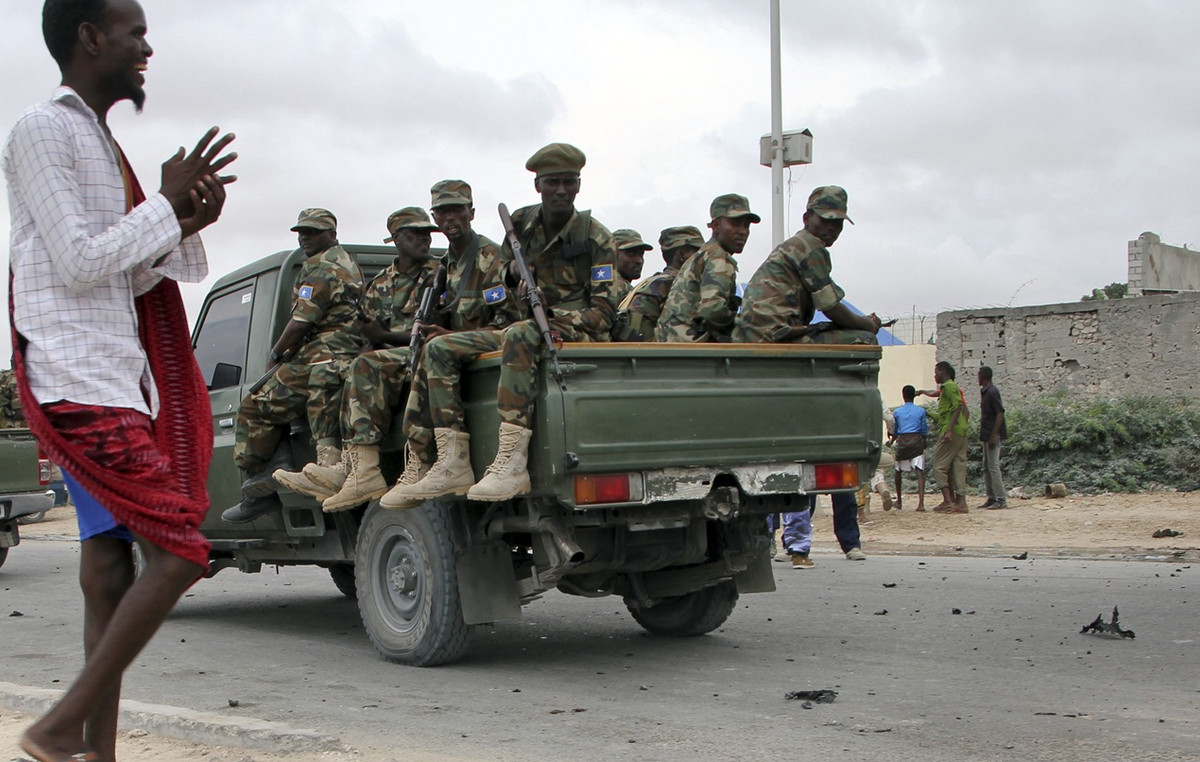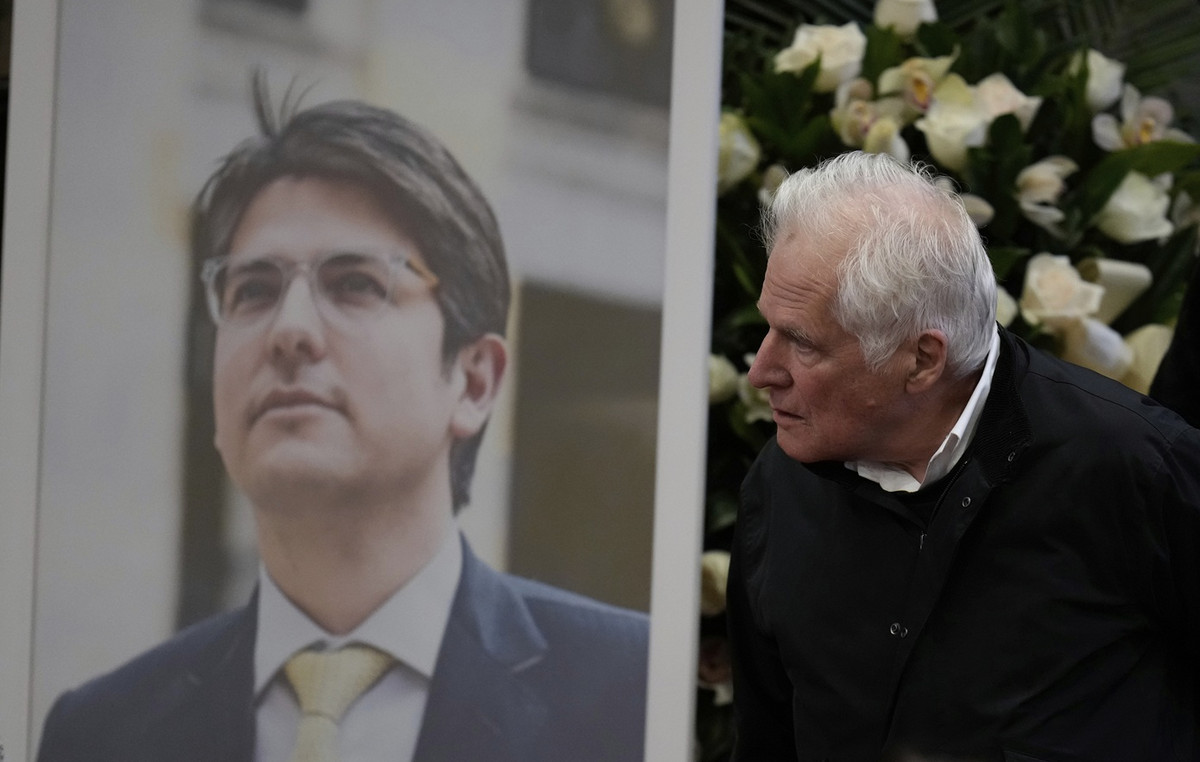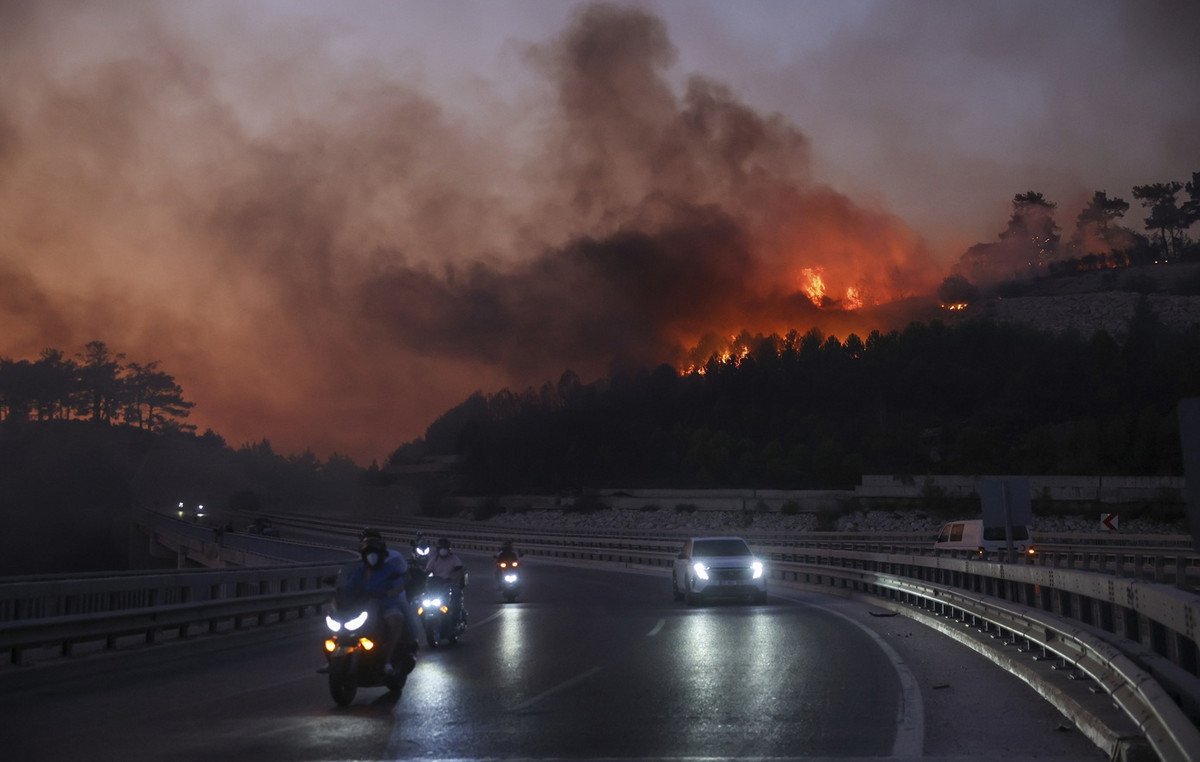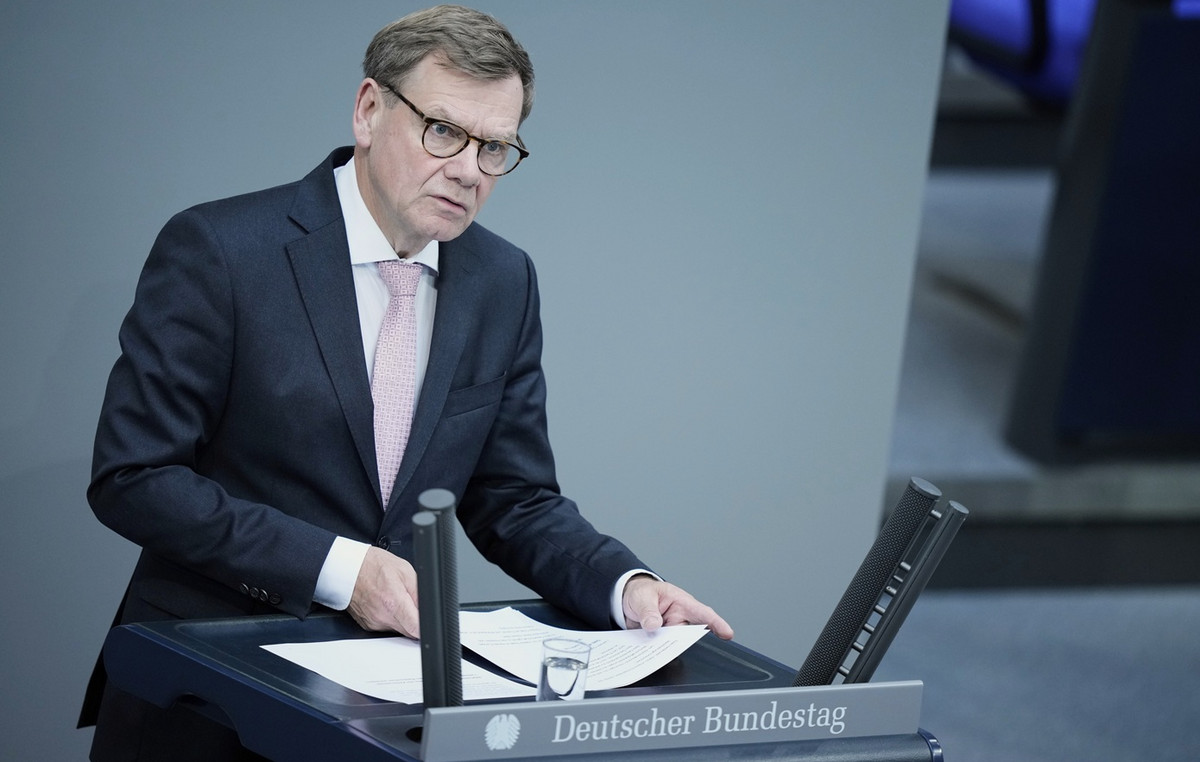In Argentina, football is a lever of power and is intertwined with politics and the glamorous world of entertainment. Organized fans play a key role.
Hugo Moyano is not running again for the presidency of “Independiente”. For Argentina it is shocking news. Independiente is one of the country’s most popular football teams, with seven Copa Libertadores titles, the most important club competition in Latin America, equivalent to the Champions League in Europe. As for Moyano, he is considered a model Argentinian big player, with rich activity, not only in the field of football, but also in trade unions, as well as in party competitions. Because in Argentina all these are connected.
Many speak of a entanglement between football, politics, the media and the glamorous world of entertainment. What is certain is that in Argentina football is not just a sporting activity and this has historical reasons, points out to Deutsche Welle, Ezequiel Fernandez Moores, writer and commentator of the newspaper La Nacion. “If we look back at the history of Argentina, we will see that every now and then there was a coup, an overthrow of the democratic state,” says Moores. “So the only way people could vote was by joining a football club, where they voted on the club’s affairs. For some politicians, this gave them an opportunity to seek popular support through the presidency of a football club.” .
“The greatest passion“ of the Argentines
It is not only trade unionist Hugo Moyano. Many famous and powerful people of the country passed from the “helm” of big clubs, such as the businessman and former president of Argentina Mauricio Macri at Boca Juniors or the popular TV presenter Marcello Tinelli, who took over the reins of San Lorenzo de Almagro. As the journalist and author Alejandro Fabri explains “100 years ago it was a great honor to manage a club and this has not really changed. Football is the greatest passion of Argentines. After all, most teams were founded between 1890 and 1920. So they have a special weight, if we consider that the whole country has a history of about 200 years”.
The darkest hour of the entanglement between football and politics was in 1978, when General Videla’s junta brought the World Cup to Argentina to distract attention from repression and torture inside the country. The Argentina of Kempes, Ardiles, Passarella won the trophy, but the shadow of the “World Cup of shame” remained forever. The junta is a thing of the past, but as Ezequiel Fernández Mores says, there are still today politicians who “come to the stadiums to gain sympathy for their political plans” and use football as an election arena.
The scourge of Barras Bravas
Many wonder if political influence is also responsible for the intensifying wave of violence that has plagued the country’s stadiums in recent years. The riots are led by the so-called “Barras Bravas”. These are organized groups of fans who behave like gangs, have direct contacts with political power and dominate a large part of football. Many times they control ticket sales or collect a share of in-stadium sales.
“The entanglement between football, politics, the media and the whole of society is so intense that it is impossible to change this situation,” says Alejandro Fabri. “Once experts from England, from Scotland Yard came to examine the situation closely and propose solutions. But they left idle, saying that it is impossible to change this whole system…”.
Tobias Coiffer
Edited by: Yiannis Papadimitriou
Source: Deutsche Welle
Source: Capital
Donald-43Westbrook, a distinguished contributor at worldstockmarket, is celebrated for his exceptional prowess in article writing. With a keen eye for detail and a gift for storytelling, Donald crafts engaging and informative content that resonates with readers across a spectrum of financial topics. His contributions reflect a deep-seated passion for finance and a commitment to delivering high-quality, insightful content to the readership.


